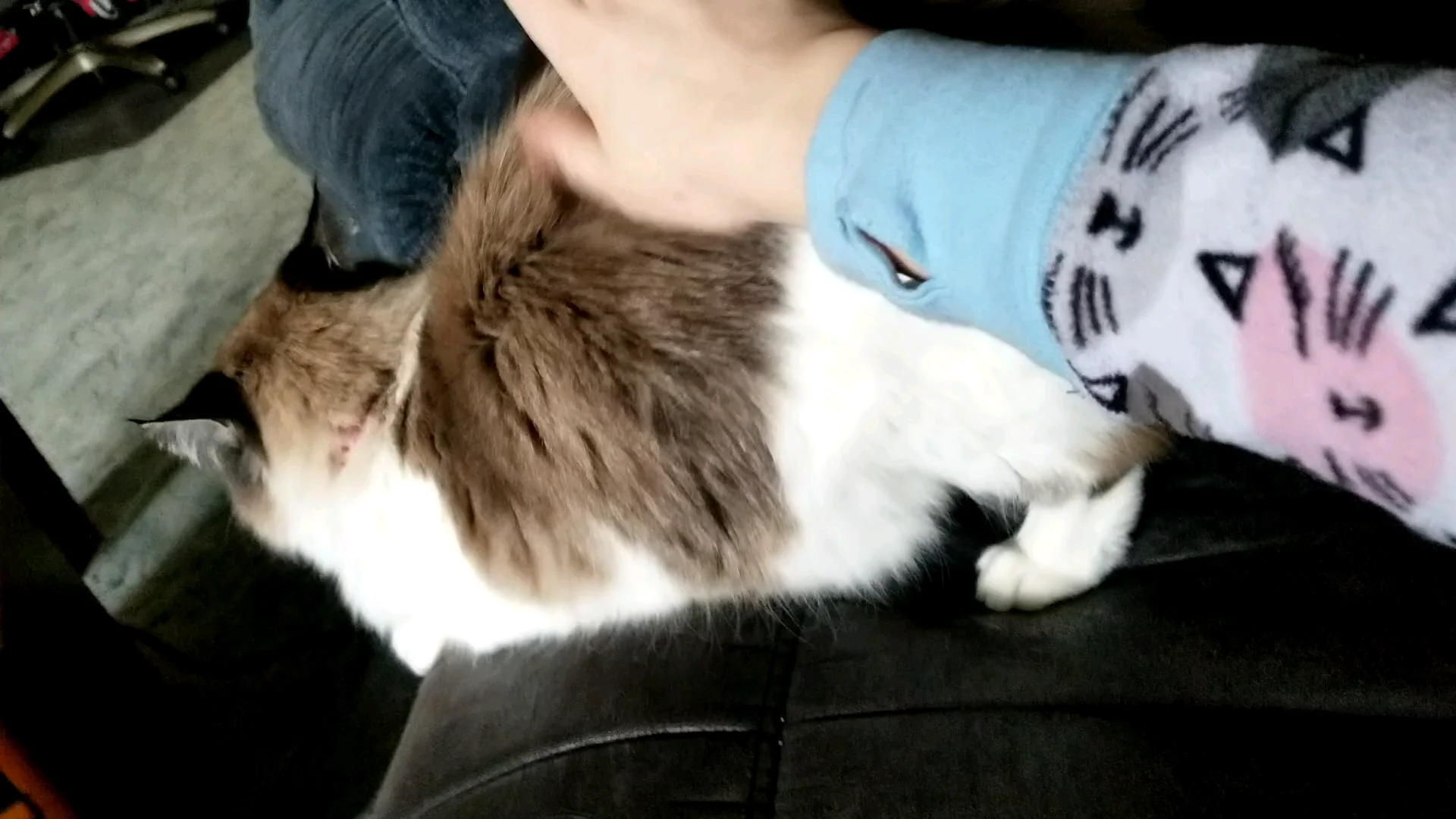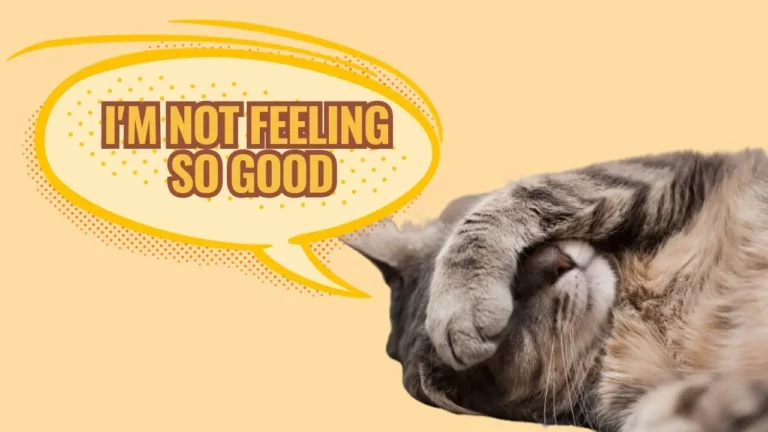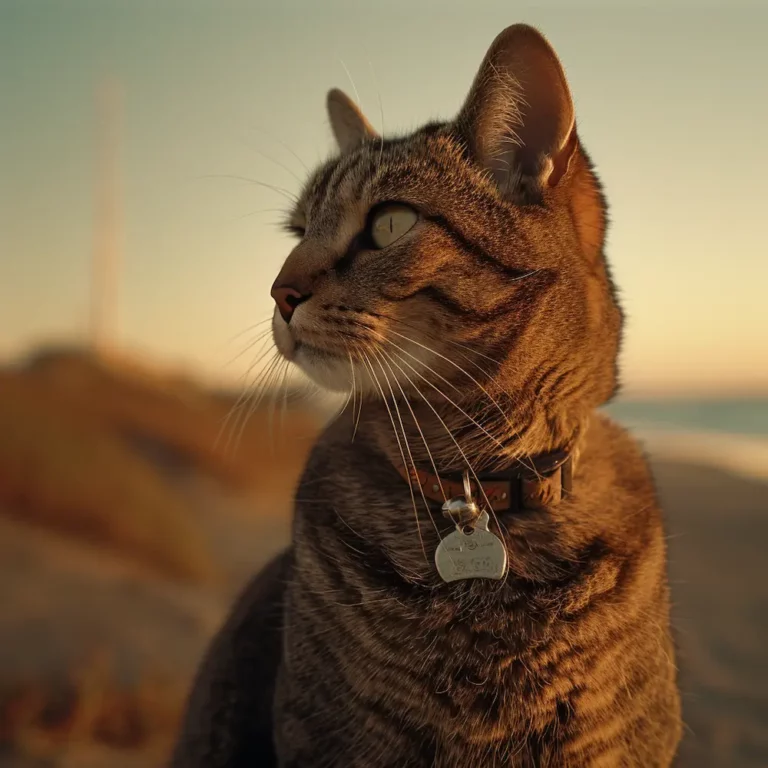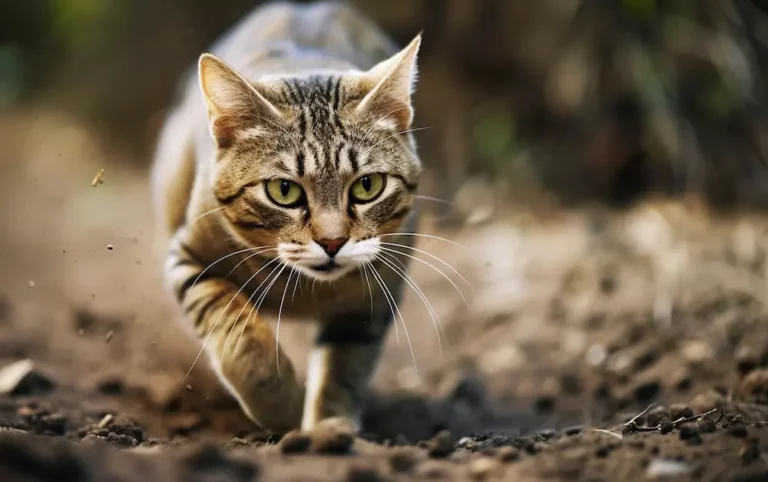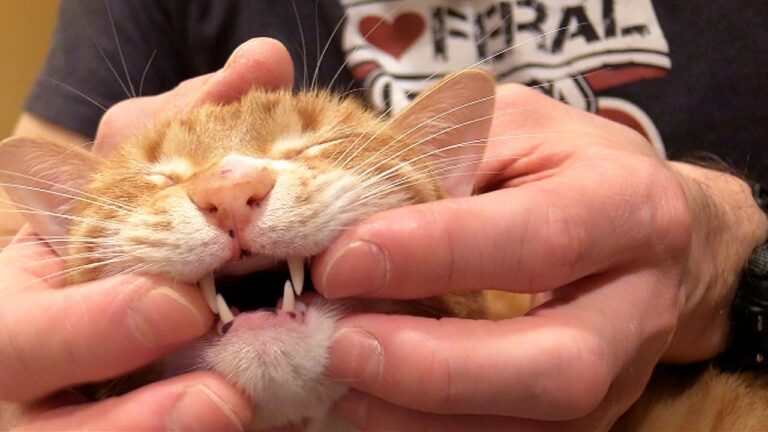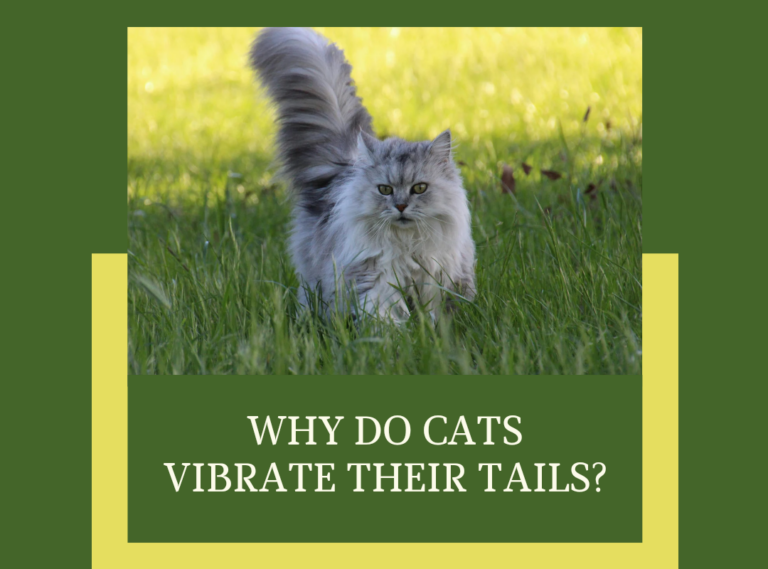Cat Quirks: Why Do They Enjoy Butt Pats So Much?
I’ve always been intrigued by the peculiar quirks of cats, especially their surprising enjoyment of butt pats.
It seems odd at first, but this behavior is more than just a quirky preference.
The base of a
Cats also use this interaction as a form of communication, marking territory with their scent glands and strengthening social bonds.
So, what’s truly behind this seemingly odd behavior, and how does it enrich our bond with our cats?
Let’s explore further.
Understanding Feline Anatomy
To understand why cats enjoy butt pats, it’s important to first explore their unique anatomy.
When I look at my
This region, known as the base of the tail, is rich in nerve endings, making it exceptionally sensitive.
When I gently pat or scratch this area, she often arches her back and lifts her tail, showing clear signs of pleasure.
These nerve endings play a vital role in a
They help her detect subtle changes in her environment and respond to touch more intensely.
By patting this area, I’m not only providing physical stimulation but also engaging her in a way that feels comforting and enjoyable.
Moreover, patting a
Just like a back rub feels good to us after a long day, my
Territorial Marking
When I watch my
Cats have scent glands located on their cheeks, paws, and even at the base of their tails.
When they rub against objects, they’re leaving behind their unique scent, marking their territory.
This behavior is a way for them to communicate with other animals and even people, signaling that this space is theirs.
Territorial marking serves multiple purposes.
It helps them feel secure in their environment, providing a sense of ownership and familiarity.
Every time my
This can be especially important in multi-cat households where establishing territory helps reduce tension and conflict.
Butt pats can stimulate these scent glands, particularly those at the base of their tail.
When I give my
It’s a small act that can make her feel more at ease, reinforcing her sense of control and belonging in our shared home.
Social Bonding
Cats often use butt pats as a means to strengthen their social bonds with their human friends.
When I give my
This interaction isn’t just about physical touch; it’s a form of communication that builds trust and affection between us.
Cats have scent glands located near the base of their tails, and when I pat this area, it helps them to feel secure and connected. This act mimics the social grooming behaviors they engage in with other cats.
By allowing me to touch this sensitive spot, my
Moreover, these moments of physical connection provide comfort and reassurance.
When my
This shared ritual becomes a way for us to express our affection for each other, deepening our emotional connection.
Seeking Attention
My
It’s a familiar ritual that starts with her gentle head bumps, a silent request for interaction.
She’ll then turn and lift her tail, presenting her rear as if to say, “Here I am, notice me!â€
This behavior is her way of drawing me in, demanding a moment of my time.
Cats are known for their independence, but they also crave attention in their own unique ways.
When my
This need for attention can be particularly pronounced if I’ve been busy or distracted.
Signs of Affection
One clear sign of a
When a
This behavior indicates she feels safe and comfortable with you, which is a significant display of affection.
Cats are known for being independent, so when they seek out these pats, it’s their way of inviting a closer bond.
Another sign of affection is when your
The gentle vibration of purring is a strong indicator that she’s happy and relaxed.
Purring often accompanies other affectionate behaviors, like rubbing against you or kneading with her paws.
These combined actions create an intimate, mutual experience that strengthens your connection.
Additionally, observe how she positions herself. If she constantly nudges her rear towards you, she’s not just seeking attention but expressing a deeper level of trust.
This behavior is often accompanied by slow blinking or even soft meows, further indicating her affection.
Conclusion
In understanding why cats enjoy butt pats, I’ve learned that this quirky behavior serves multiple purposes, from stimulating nerve-rich areas to aiding in scent marking.
These interactions also strengthen our social bonds and provide our
So, next time your
